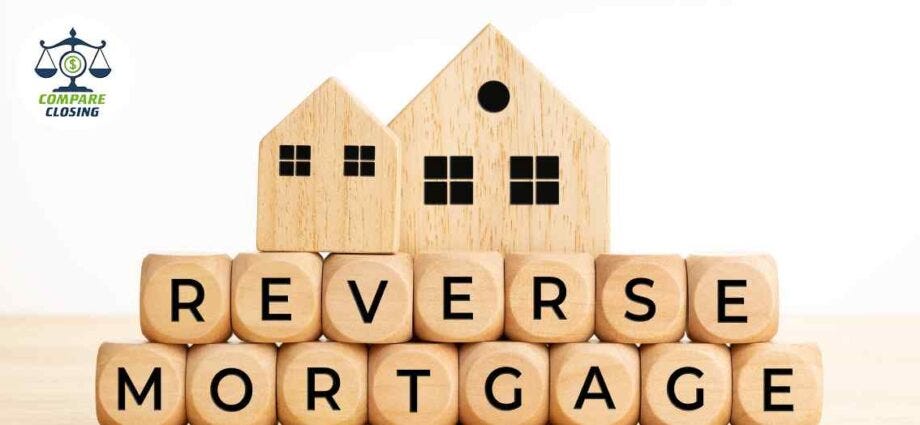
If you’re retired and coping with expenses on a fixed income then a reverse mortgage may be tempting.
But looking up closely reverse mortgages may be less appealing.
Apart from a number of reverse mortgage scams, lenders too can charge high fees and closing costs, and you might need to pay for mortgage insurance.
They also come with variable interest rates nullifying the idea of saving in long run.
It is ideal to understand the risks and rewards associated with a reverse mortgage so you can make a better-informed decision.
WHAT IS A REVERSE MORTGAGE?
Reverse mortgages are only available on primary residences and for people over the age of 62, and available to homeowners who have paid of all or most of their mortgage and can tap into their home equity the loan comes as lump sums or lines of credit that can be accessed when the need arises.
The interest accrues on a monthly basis, and the loan need not be paid off until the homeowner moves out or passes away.
The accrued interest is added to the loan balance and the amount compounds every month.
If the homeowner moves out they need to close out the loan within one year. If the borrower dies, the heir must pay back the loan.
THE ADVANTAGES
- A homeowner instead of downsizing after retirement can use a reverse mortgage and stay in their home.
- If there is an existing mortgage then the loan proceeds can be used to totally pay off, and free up funds for living expenses.
- Borrowers don’t have to make payments until they decide to move out of the house or die.
- Money obtained through a reverse mortgage is not treated as income and hence is not taxable.
- If the value of the home drops below the reverse mortgage balance, then the heirs only need to pay the value and not the full outstanding balance.
- For a reverse mortgage, the homeowner does not need to provide income or credit requirements.
THE DISADVANTAGES
- There are many scams that prey on seniors in need of cash to cover living expenses.
- It attracts additional costs, like origination fees and mortgage insurance of up to 2.5% of the home’s appraised value.
- The interest rates are variable, so they can increase leading to an escalation in the cost of borrowing.
- Because interest accrues on an increasing loan balance instead of the loan being paid down over time the borrowers owe more.
- Interest payments on reverse mortgages aren’t tax-deductible.
- The equity in your home gets reduced and, your family’s inheritance from your estate reduces.
- Borrowers are required to meet strict home maintenance so as to protect the resale value of the real estate.
- If the homeowner fails to sustain any of the loan terms like missing a property tax payment, or not maintaining the home well, then they may have to pay off the mortgage early.
- Failure to observe the terms of a reverse mortgage can result in default and even foreclosure.
- Need-based retirement income like Medicaid and Supplemental Security Income (SSI) could get impacted.
OTHER MORTGAGE OPTIONS
If you need access to cash, you can consider other alternatives like refinancing your mortgage, taking out a home equity loan, downsize your home, cash-out mortgage refinance, or HELOC.
Reference Source: Forbes
https://www.compareclosing.com/mortgagenews/is-reverse-mortgage-right-for-you/
Comments
Post a Comment